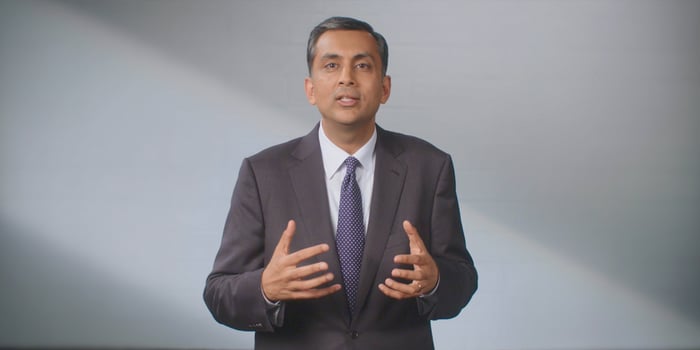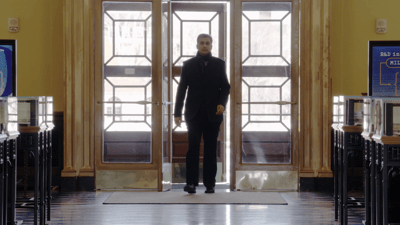
We sat down with Harvard Business School and HBX Leading with Finance Professor Mihir Desai to talk about finance, dream vacations, and his penchant for British crime dramas.
What’s the biggest misconception about finance?
There are really two big misconceptions - the first one is that finance is rocket science. That misconception grows out of the tendency of finance folks to use jargon that intimidates more than it illuminates - often that jargon just reflects that they don’t know how to talk about it simply. Finance is really intuitive, and it’s important for people to know that in order to succeed as professionals and for all of us to succeed as citizens.
The second misconception, which is growing in importance, is that finance is evil. For many reasons, finance has been demonized – and sometimes that reputation has been well-earned. But, the reality is that finance is a really important tool for improving society; the appropriate allocation of capital through markets, institutions and firms can have enormously beneficial consequences for society.
So, we have to make the practice of finance better but demonization of finance doesn’t help that. Part of my goal in teaching Leading with Finance is to fight against those misconceptions.

What’s your favorite part of your job?
I’m fortunate as it’s easier to identify my least favorite part of my job since many parts of my job are wonderful. The only thing I don’t like is grading. Aside from that, it’s hard to choose my favorite. Broadly, both the production and dissemination of ideas are enormously rewarding. Producing ideas is a really creative, demanding, and addictive activity that has intrinsic rewards but also extrinsic ones. Seeing your work become part of the larger progression of knowledge is enormously gratifying.
On the dissemination side, the challenge of explaining complex things is also really demanding and rewarding - and, of course, the thought that we might just slightly change the trajectory of someone’s intellectual or professional life is why we do what we do. So, hearing from, or bumping into, former students and hearing about their growth – and basking in their reflected glory – is always a highlight for me.
What’s the most unusual or interesting job you’ve ever had?
I’m not sure it was that unusual, but washing dishes and then making pizzas at Stromboli King Pizzeria in Madison, New Jersey taught me more about hard work than anything else I have done since then.
If you could travel anywhere in the world, where would you go?
I hate to be sneaky but it’s an around-the-world trip with stops in Patagonia, Namibia, and the Great Barrier Reef. I’ve overdosed on cities and need to do a little more nature.
The hardest part about developing my HBX course was ______________.
…keeping a straight face during hours/days of videotaping with a crew that was hilarious (and wonderful).
People would be surprised if they knew__________.
…that I have a weakness for British crime dramas – Broadchurch, Luther, River, The Fall, Happy Valley, Peaky Blinders – I’ll watch anything with coppers and accents.
Best book you’ve ever read?
Impossible to answer - here are three recent favorites from different genres that were favorites:
- Larissa MacFarquhar’s Strangers Drowning is so well-written and such an interesting idea (extreme generosity).
- Arvind Adiga’s The White Tiger is the best fiction relating to India I’ve ever read.
- Asne Seierstad’s One of Us (about the Oslo/Utoya murders) is both terrifying and edifying.
The writing in all three of them is amazing.

Best advice someone has ever given you?
My father was filled with great advice – the two best individual pieces were probably:
1. Learn to trust your instinct – I like this because it’s not about trusting your instinct but learning how (and when) to do that – a far harder thing
and
2. Not as effective when translated from Gujurati, but, “When Laxmi (the goddess of wealth) comes to bless you by putting a chandlo on your forehead, don’t ask if you can go wash your face.” Translation: Don’t hesitate when visited by good fortune.
Interested in gaining a toolkit for making smart financial decisions and the confidence to clearly communicate those decisions to key internal and external stakeholders?








